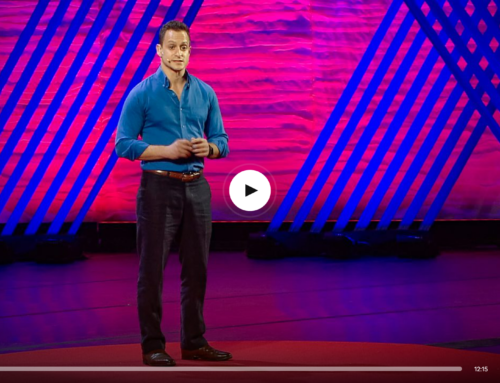Relationships matter. No matter what business you’re in, when you genuinely care about the people you interact with, you will be further ahead. You may be tired of reading about “people-centered transactions,” and the importance of “engaging” people, or having a CRM system to track relationships. I get it, but here’s the thing. If you are smart, you will realize that engaging people around things that matter to them is what will set you apart and boost your results. Relationships really do matter.
The nonprofit sector is a people business – you are working alongside volunteers and staff to serve the community. Sometimes you work in groups, sometimes with individuals. You work with vendors, community partners and donors.
So how do strong relationships benefit your organization?
* Employees, volunteers and donors get involved with an organization for various reasons. But studies show they STAY involved in large part because of the relationships they form. Higher retention of these folks saves money and increases stability.
* You will be remembered. Genuine relationships build social capital and when there is an opportunity to refer someone, or make a connection, or buy services, you will be the first person who comes to mind. When you are liked and trusted, people are loyal.
* It’s a win-win. Most people are generous and want to help others. When you reach out to others, you grow and learn. And the person who is helping you will appreciate opportunities to contribute to your success. They value the chance to “pay it forward.” They can also help you cope when things go sideways, or point out alternate strategies.
Here are a few tips on how to be purposeful in building your relationships:
* Identify those people who are strategically the most important to connect with in terms of supporting you or the organization. Call it your Fabulous Fifty list, or perhaps your Terrific Twenty. They may be critical connections for various reasons. A city official who was instrumental in helping you secure land, a key donor who is well connected, a program participant with amazing loyalty—all these are examples of people you may want to know better.
* Make time for strategic decisions around strengthening those relationships. What do you know about these vendors, employees, donors, volunteers? What do they care about most? How can you deepen your connection to them in a meaningful way? Determine how you can best add value for them. If they have a big family, for instance, maybe they would appreciate an article outlining the top 10 family outings in town. Take time to think about it and write down your next steps.
* Be willing to reach out and ask—for advice, ideas, help, connections, and more. I’m willing to bet that when you are genuinely respectful and have solid values that make you credible, you will receive an astonishing amount of support. And be ready to be challenged—the best supporters will tell you what you don’t want to hear, also.
Nurturing relationships and genuinely engaging people is powerful and can lead to big results. Will you commit to shifting your focus to people versus projects?
(This blog is partially excerpted from my new book “The Impact Triangle; The 3 Essentials to Accelerate Your Nonprofit Enterprise”, to be released in September)












Leave A Comment